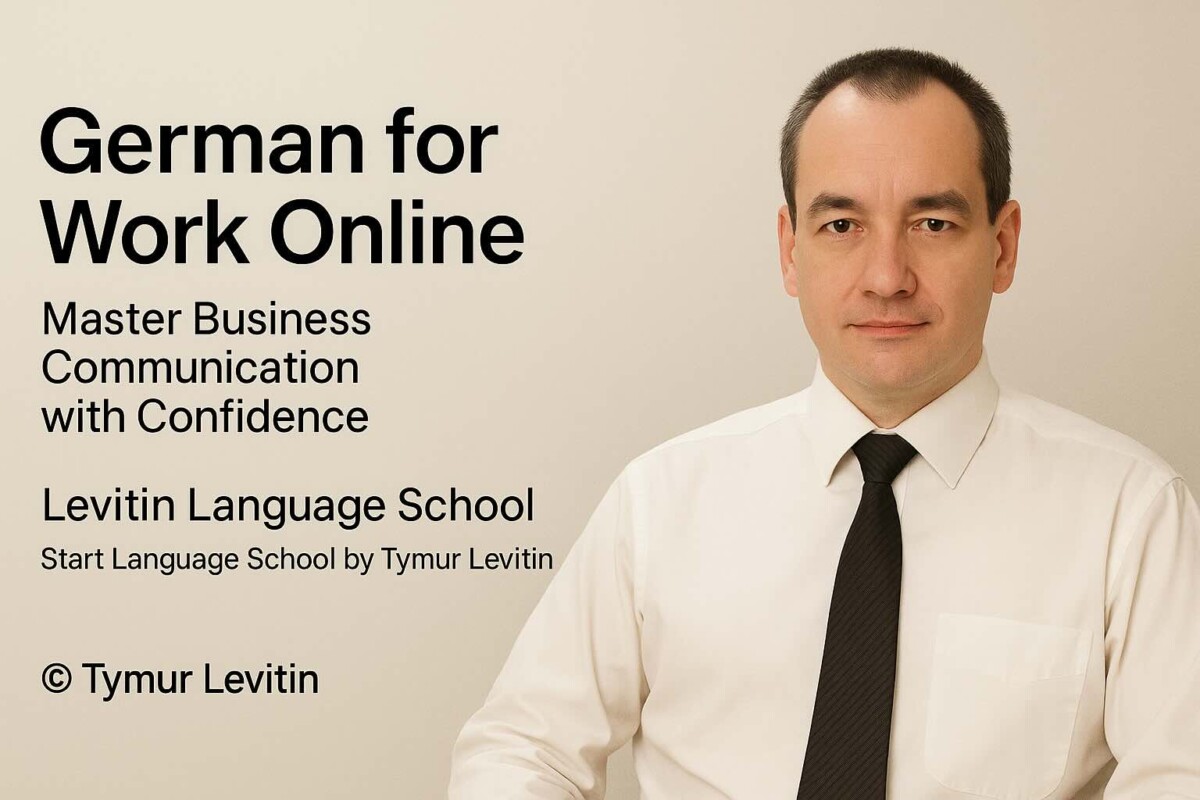📍 Why “Thinking in English” Is Not the Magic Key
🧠 The Myth of Thinking in English
Many language learners are told: “You need to think in English!” The idea sounds powerful — a shortcut to fluency. But is it really true? Or even helpful?
事实是 thinking in a foreign language is not a goal — it’s a side effect. You don’t wake up one day and “start thinking in English.” It’s something that happens naturally — over time, and under the right conditions.
And sometimes, trying to “think in English” too early can even slow you down.
What Does It Really Mean to “Think in a Language”?
Let’s break this idea down.
When people say “think in English,” they usually mean:
- speaking faster
- not translating in your head
- being more confident and fluent
But the real process is deeper. Thinking in a language doesn’t mean forcing yourself to 不 translate — it means that you’ve internalized enough patterns that your brain recognizes the logic and flow of the language. And that takes exposure, practice, and time.
What Actually Helps You Think in English
To eventually “think” in English, you need to:
- Feel the structure of sentences
- Understand how ideas are grouped in English
- Recognize typical word combinations
- Use context instead of translating every word
This is what we teach at 列维廷语言学校. We don’t push students to “think in English.” We help them build a foundation where thinking becomes natural — not forced.
Why the Phrase Can Be Harmful
Telling beginners to “think in English” can:
- make them feel guilty or inadequate
- confuse their learning process
- block their natural use of translation as a tool
- create unrealistic expectations
Instead, we encourage conscious learning at first, and fluid thinking comes later — when the brain is ready.
The Real Goal: Understanding and Expressing Yourself
You don’t need to “think in English” — you need to:
- understand native speakers
- express your own thoughts clearly
- react in real-life situations
And you can do that using all your tools: translation, associations, comparisons, and personal logic.
We don’t chase abstract goals like “thinking in English.”
We help students use English — for real communication.
🟦 Final Thoughts
Thinking in a language is not the starting point — it’s the result. Don’t force it. Build it. Slowly, wisely, and with the right guide.
在 列维廷语言学校, we believe in clarity, logic, and personal learning paths. Because your fluency isn’t measured by your thoughts — it’s measured by your ability to connect.
评分标准: Myth-Busting Language Advice
Series: Language Myths Busted
作者: Tymur Levitin — Founder, Director, and Senior Instructor at Levitin Language School
自由发言。聪明地学习。
School: Start Language School by Tymur Levitin — https://levitinlanguageschool.com
Meet the author: https://levitinlanguageschool.com/teachers/tymur-levitin/
🔗 选择语言

Русская версия:
Миф: Чтобы свободно говорить, нужно «думать на английском»
Українська версія:
Міф: Щоб вільно говорити, потрібно «думати англійською»
English version:
Myth: You Need to Think in English to Be Fluent
Deutsche Version:
Mythos: Man muss auf Englisch denken, um fließend zu sprechen
Related posts:
© Author’s work by Tymur Levitin — founder, director, and head teacher of Levitin Language School / Start Language School by Tymur Levitin
























